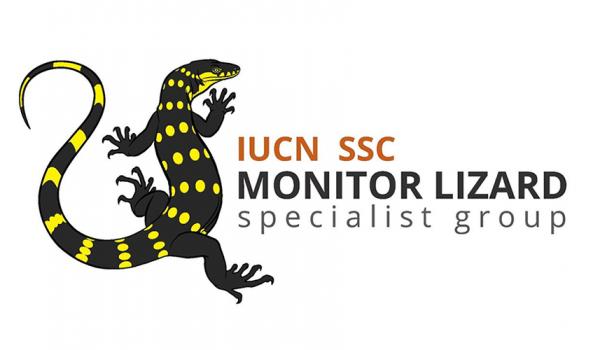MEETINGS
MEETINGS
include conferences, workshops, training courses and seminars dealing explicitly with monitor lizards:
- April 2016 – Conference – Federal Agency for Nature Conservation, Germany
“Trade with exotic reptiles in Germany exemplified by monitor lizards (Family Varanidae)“.
Proceedings (in German with English abstracts) available at https://biodiv.de/fileadmin/user_upload/PDF/Projekte_Archiv/NaBiV_159_Werbeblatt.pdf
Reference of the Proceedings:
Schepp U, Kuich-van Endert S, Martens H, Paulsch C (eds) (2017) Der Handel mit exotischen Reptilien in Deutschland am Beispiel der Warane. Naturschutz und Biologische Vielfalt 159, Bundesamt für Naturschutz (BfN) Germany, 182 pp.
- July-August 2019 – Awareness workshops – West Bengal, India
Results published in Biawak:
Bhattacharya S, Zia SZ, Mahato S, Gangwar RK, Singh N, Auliya M, Koch A (2019) Report on the Awareness Workshops “Perceptions of Wildlife Conservation of Today’s Youth in West Bengal, India, with a Focus on Monitor Lizards”. Biawak 13(2): 94-100.
- 22 January 2022 – The International Webinar on Varanids
Time (India): 3 p.m. —- Central European Time Zone (CET): 10:30 a.m.
Content: Ecology, diversity, behaviour, conflict and conservation initiatives
Target audience: inviting oral and poster presentation from scholars and students. Students and scholars with zoology background.
Venue: ST. JOSEPH’S COLLEGE (AUTONOMOUS)
St. Joseph’s College (Autonomous) (SJC) has a history of 137 years imparting graduate education and research. St. Joseph’s College was declared as an autonomous college by The Government of Karnataka in 2005, duly recognizing its Credentials. The College is reaccredited by the National Assessment and Accreditation Council (NACC) with ‘A++’ Securing 3.79 / 4 CGPA in March, 2017, the highest in India. UGC has declared St. Joseph’s College as a “College of Excellence”. Also, the college is funded by DBT for “Star College Status”. The Department of Zoology aims to prepare students for advanced studies and emerging interdisciplinary fields such as genetic engineering, wildlife and conservation, ecology and animal behavior. The Natural Science Association (NSA) of the department is one of the oldest associations actively involved in science communication. The Natural Science Association initiated JOSEPHITES FORUM OF HERPETOLOGY (JFH) to provide a platform for amateur herpetologists to learn and enhance their knowledge on herpetology. In continuation with its effort to organize webinars on various aspects of zoological science, the international webinar on varanids is organized on 22nd January 2022. With the two guest speakers Dr. Andre Koch (Zoological Research Museum Alexander Koenig in Bonn, Germany) with nearly 20 years of research experience in monitor lizards speaking on, “Contribution to the Discovery and International protection of Monitor lizards”. The second speaker is Shreya Bhattacharya (Commission Member at IUCN SSC Monitor Lizard Specialist Group) speaking on with the on the topic “Co-existence, Exploitation, and Conservation of monitor lizards from an Indian Perspective”. Research and information posters are invited from research scholars, college students on various topics related to varanids.


